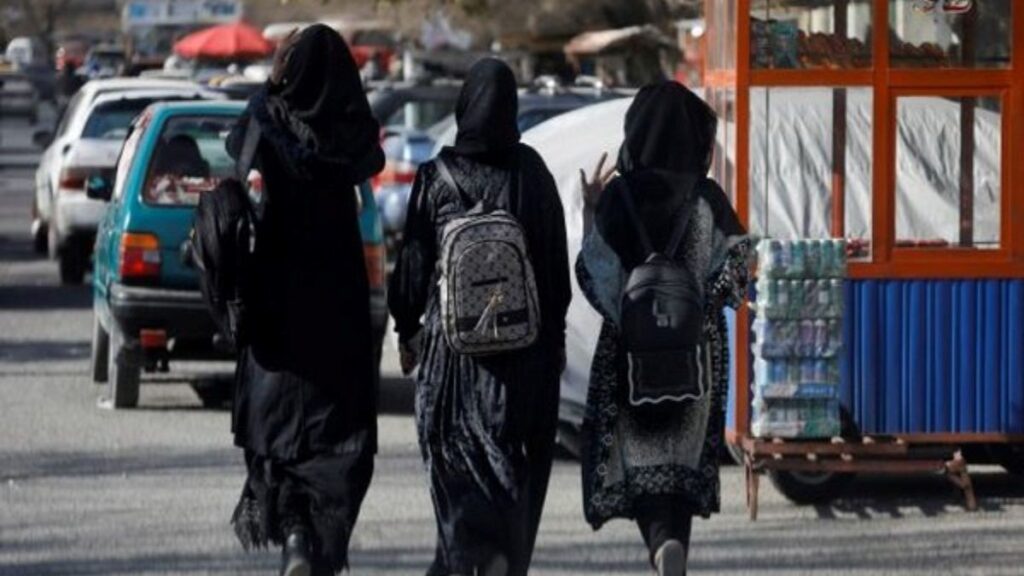The Taliban government has issued a ban prohibiting women from visiting Band-e-Amir national park, located in Bamiyan province. Mohammad Khaled Hanafi, Afghanistan’s acting minister of virtue and vice, cited women’s lack of observance of hijab within the park as the reason behind the ban. He called upon religious clerics and security agencies to enforce the prohibition until a resolution was reached.
Band-e-Amir holds significant tourist allure, having been designated Afghanistan’s first national park in 2009. Renowned for its stunning natural lakes and unique geological formations, it attracts families and visitors seeking natural beauty. However, this ban on women’s entry deprives them of the opportunity to enjoy this attraction.
While the park visitation might not be obligatory, as stated by Mr. Hanafi, the ban’s timing and enforcement on Women’s Equality Day drew sharp criticism. Many see it as a direct affront to Afghan women’s rights and equality. Various Afghan clerics assert that non-compliance with hijab rules mostly concerns non-resident women who come from outside the area.
Despite the protests and condemnations, the Taliban has a history of enforcing gender-specific bans temporarily, in alignment with their interpretation of Islamic principles. In December 2022, they prohibited women from attending school. This new ban on visiting Band-e-Amir is part of a series of restrictions imposed on women since the Taliban regained power in August 2021.
As societal voices rallied against such restrictive measures, former MP Mariam Solaimankhil shared a poem reflecting her belief in eventual change. Fereshta Abbasi of Human Rights Watch decried the ban as total disrespect” to Afghan women. UN Special Rapporteur Richard Bennett questioned the necessity of enforcing Sharia law and Afghan culture through measures like the Band-e-Amir ban.
This recent ban amplifies concerns about the status of women’s rights in Afghanistan under Taliban rule. The limitations imposed not only curtail women’s freedoms but also hamper their ability to engage in public life and enjoy essential experiences like visiting national landmarks.











More Stories
Zelensky calls on the Prime Minister to assist in lifting weapon restrictions in Ukraine
Business Rankers to present 2nd Edition of “India MSME Week-2024” in Jaipur
Adopting Digital Transformation in Sustainability Reporting with ESRS Set 1 XBRL Taxonomy